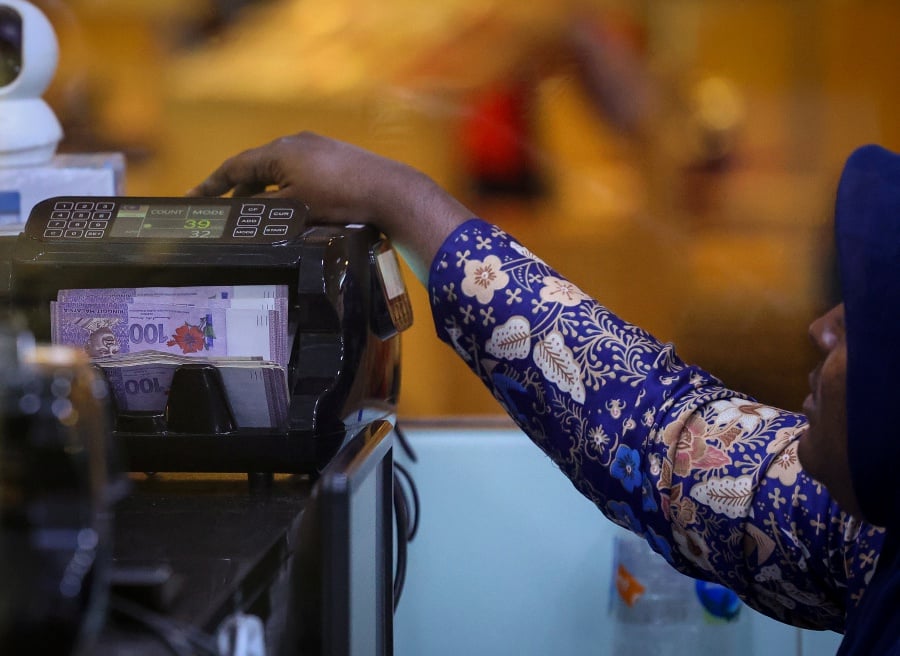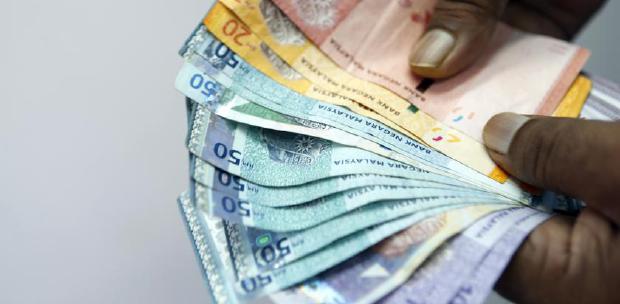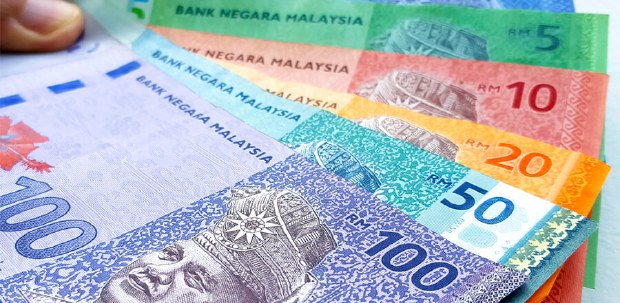KUALA LUMPUR: The US interest rates empirically do not influence the movement of the ringgit in the international market, according to a report by the Centre for Future Studies Bhd (The Future).
The firm noted that when factoring inflation into the analysis, the US interest rate only influences the Brunei dollar and the Vietnamese dong.
"For other countries including Malaysia, inflation drives the exchange rate, not the US interest rate," it said.
The US interest rate is often associated with the movement of the ringgit in the foreign exchange market.
However, The Future said interest rate differentials between the US, where its Federal Reserve (Fed) sets interest rates, and Malaysia can impact capital flows.
If the Fed raises interest rates, it may attract capital inflows to the US seeking higher returns, potentially causing the depreciation of the ringgit.
The Future said currency exchange rates are influenced by a complex interplay of various economic indicators. This includes supply and demand dynamics, inflation rates, trade balances, investor sentiment and economic fundamentals and competitiveness.
When the US interest rate has no effect on the ringgit from empirical perspective, this indicates that ringgit is influenced beyond the demand and supply interactions.
"There are other factors that determine indirectly and indirectly demand for ringgit.
"Factors such as economic fundamentals, political stability, and investor confidence can also significantly affect currency movements," it noted.
For instance, the firm said political stability and development policies are crucial factors influencing exchange rates.
It added that investors tend to favour countries with stable political environments and policies that are predictable and consistent over time.
"Political instability and policy uncertainty can lead to capital outflows, currency depreciation and increased exchange rate volatility.
"Additionally, inflation, investment, oil price, financial development, productivity (including total factor productivity), taxation and export influence the movement of the ringgit," it said.
The Firm said continued currency depreciation can have a negative impact on the economy.
"If the rate of depreciation is too high, it can indicate inefficiency in economic governance and competitiveness.
"The position of ringgit depreciation has remained prolonged since 2015. Thus, it is no longer a cyclical problem, but it has become a structural problem for the economy," it added.
The Future also said the impact of depreciation on competitiveness is not uniform across sectors and among household groups (low income versus high income).
For example, it said a significant portion of food and raw materials for food processing are imported.
"When the ringgit weakens, the cost of imports becomes more expensive, translating into an increase in the prices of goods and services.
"Those with low income directly and indirectly bear the brunt the most.
"This will undoubtedly have an impact on the design and effectiveness of existing government assistance programmes," it noted.





